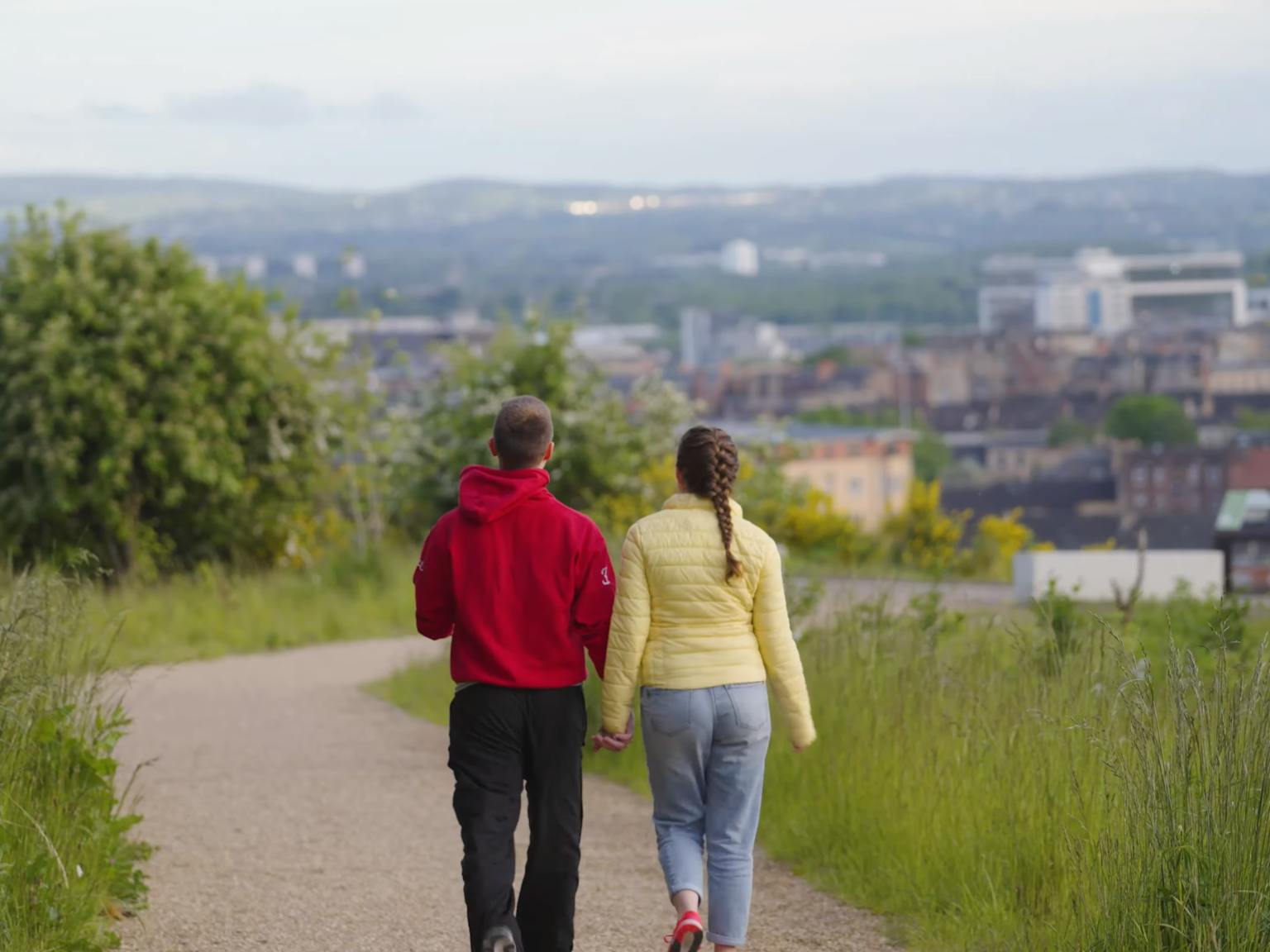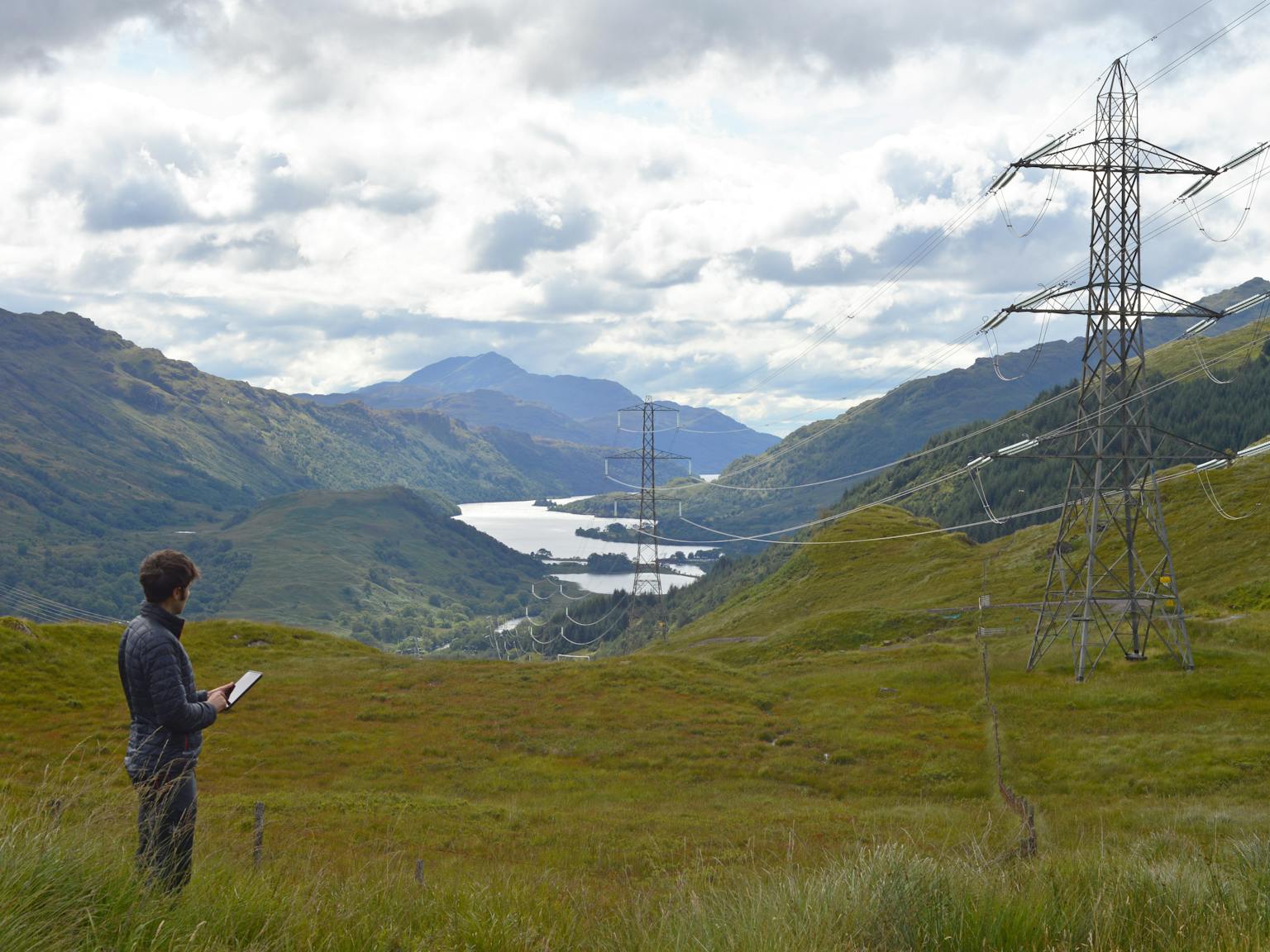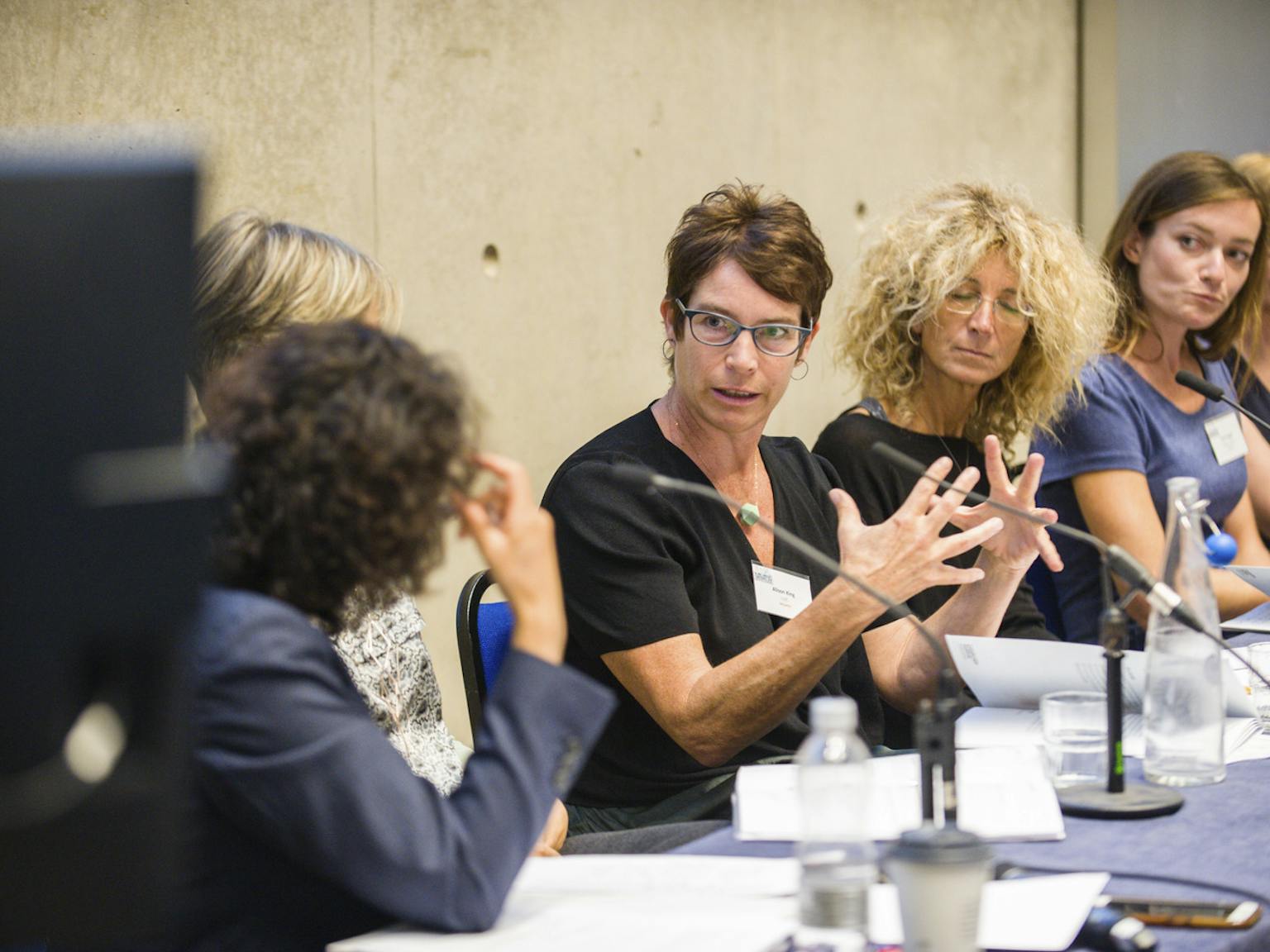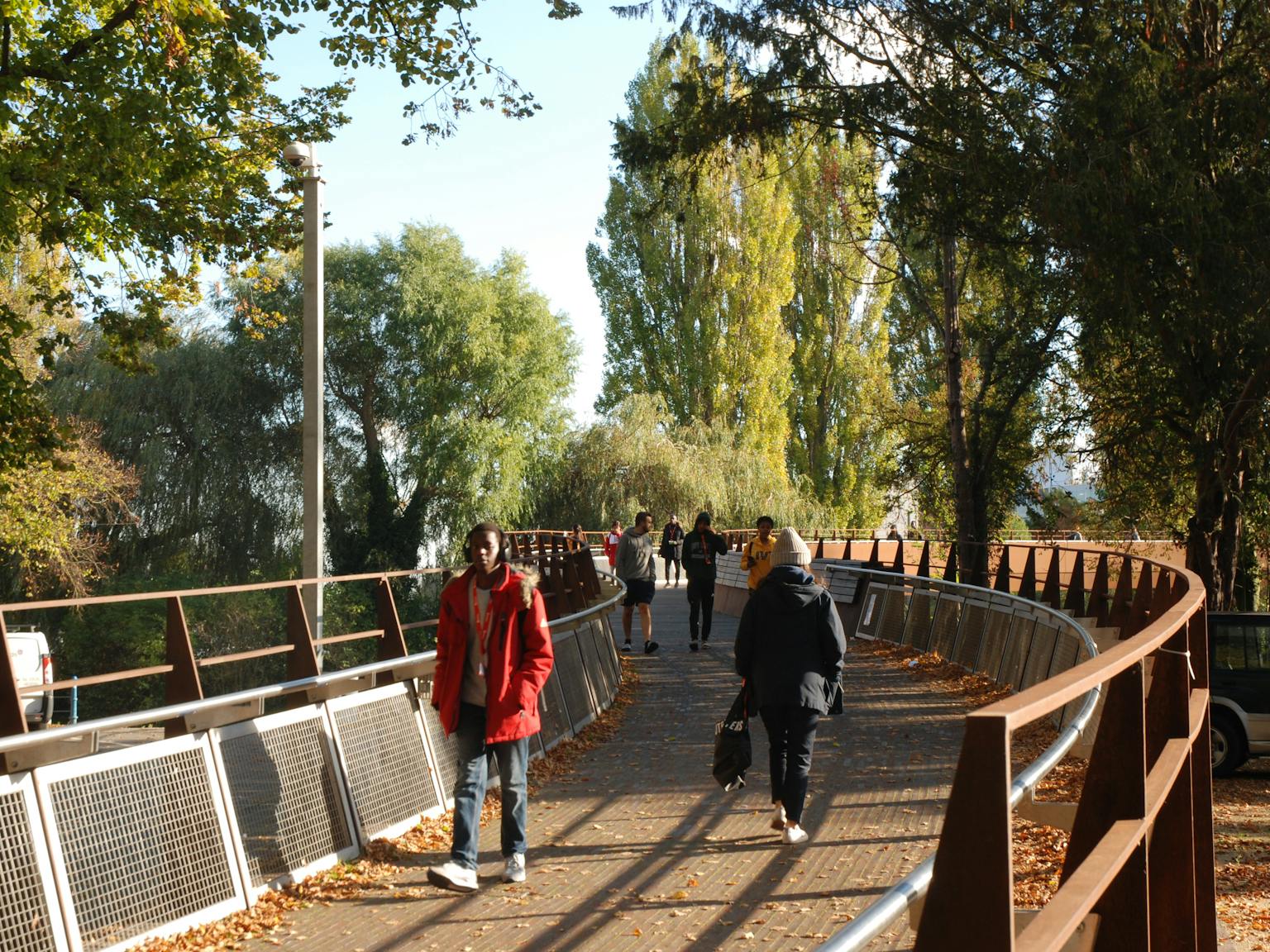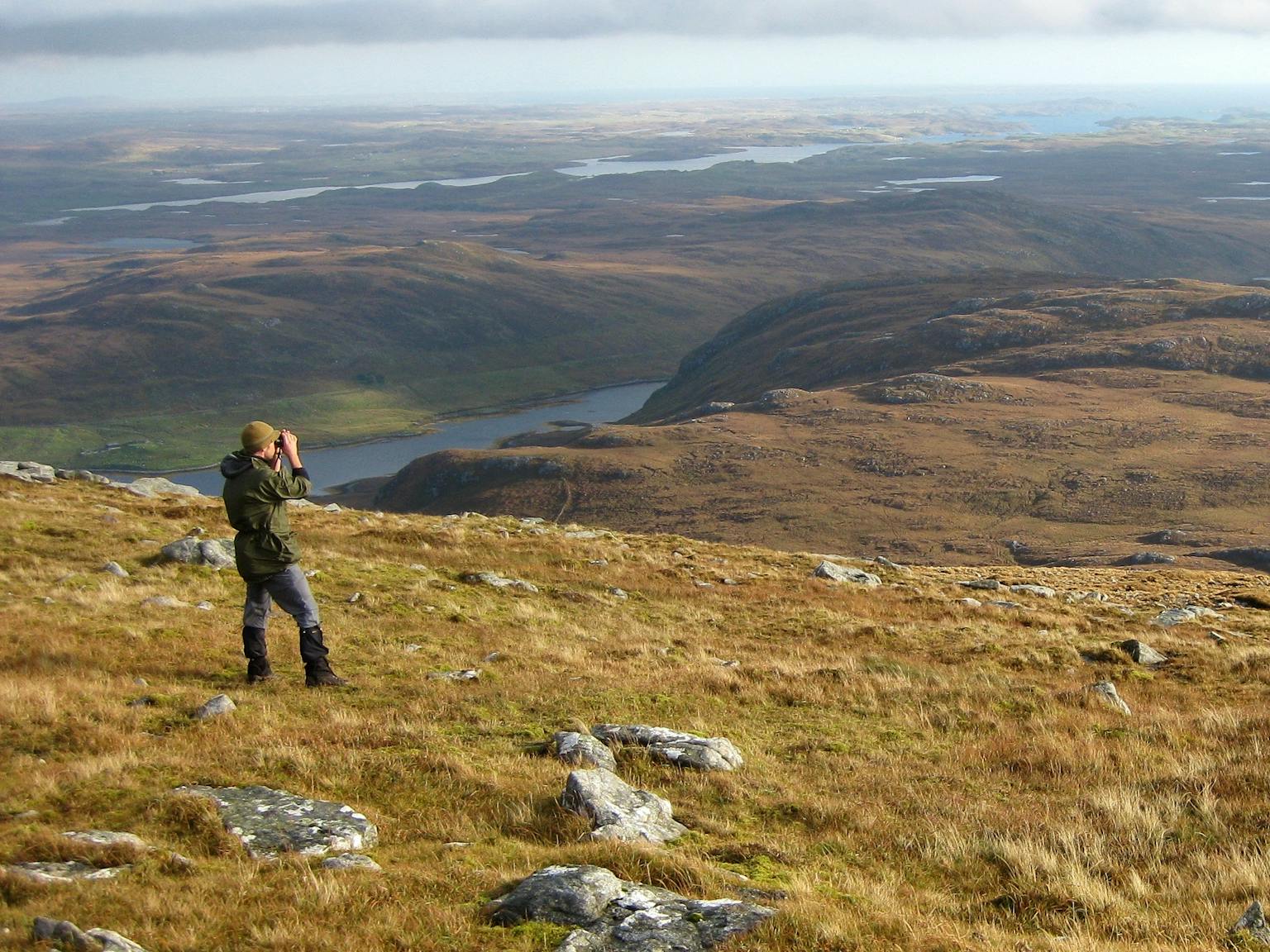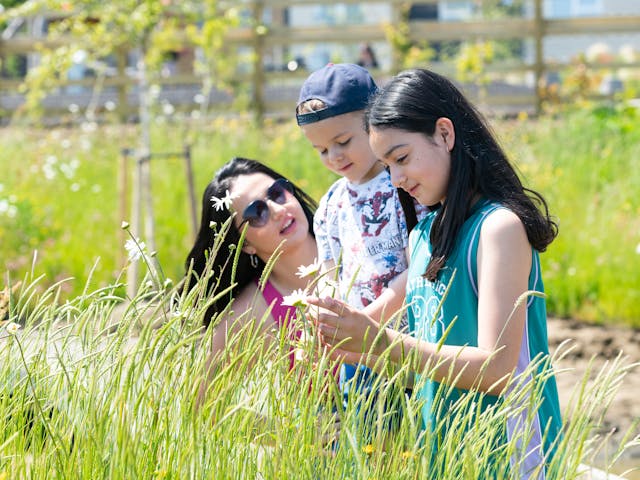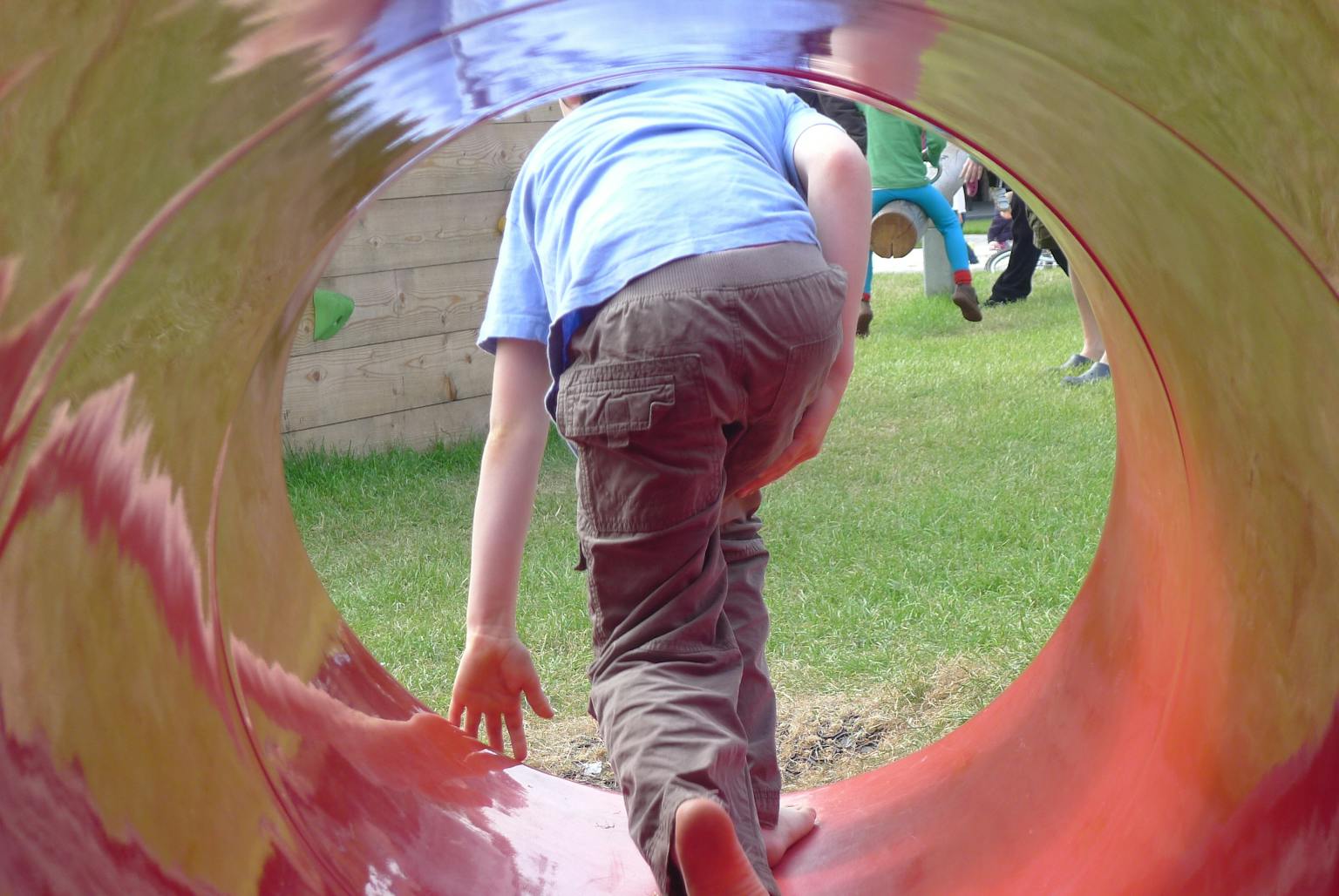
The power of play
Matt Parkhill, our Director of Landscape Management writes about the power of play for well-being, Play England’s calls for play sufficiency legalisation, recent changes to the National Planning Policy Framework, and how LUC’s play strategy work feeds into policies that tackle health inequalities.
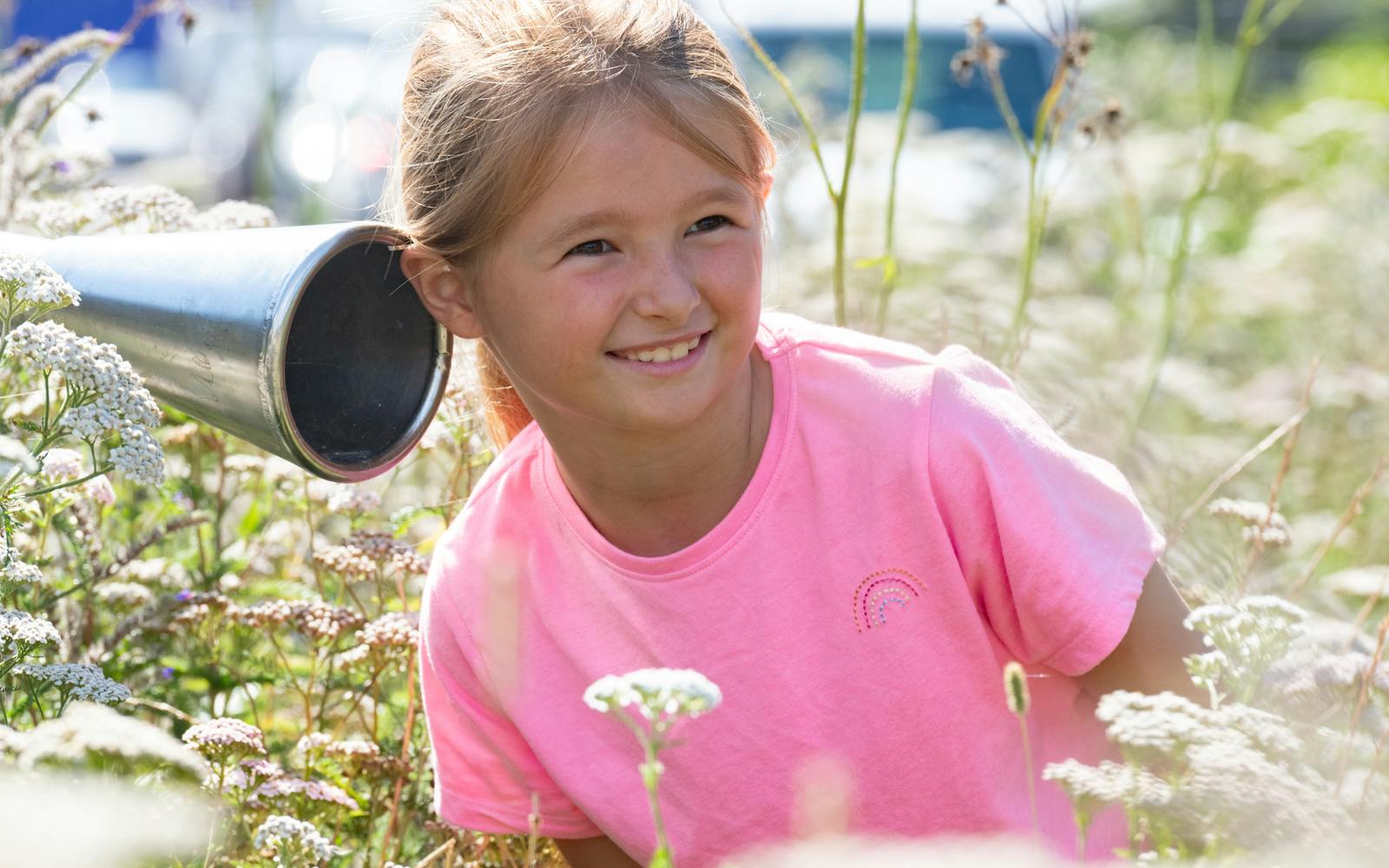
In a recent open letter to the government, Play England highlighted the importance of play for children, the drastic decline in play spaces since the 1980s, and the ensuing negative impact on mental and physical health:
“Play is essential for happy, healthy, capable, and resilient children. However, children today are experiencing many barriers to play. As freedom and opportunities to play have declined, so has their physical and mental health. It is vitally important that the new government urgently address the decline in children's play over recent decades.”
Eugene MinogueExecutive Director, Play England
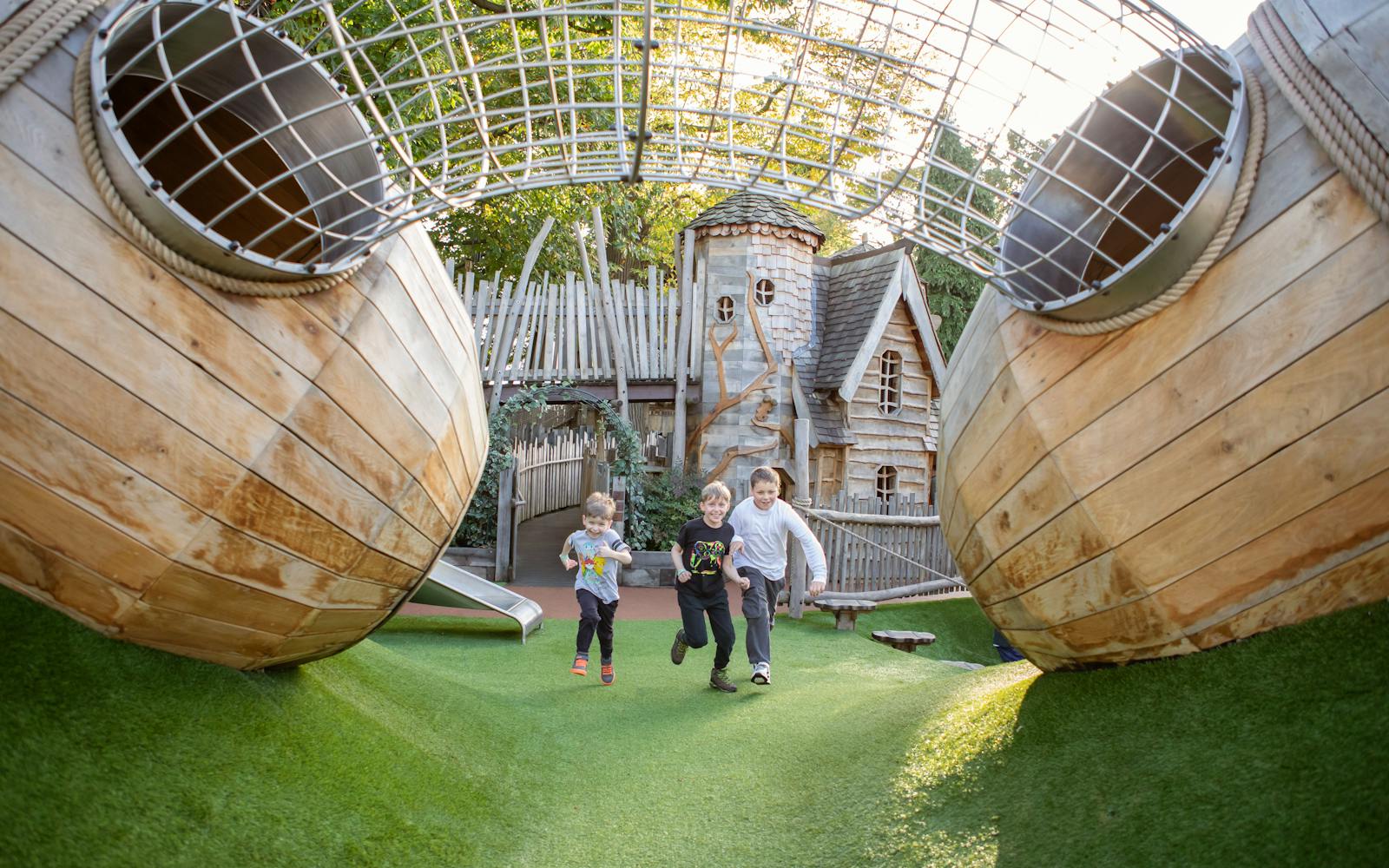
UK play policy
Play England is calling for urgent legislative changes, including the introduction of play sufficiency legislation and a national play strategy, to ensure children have access to adequate play spaces. The letter stressed the importance of incorporating children's needs into the NPPF and urged a cross-departmental effort.
In December 2024’s update to the UK's National Planning Policy Framework (NPPF), Play England celebrated a small but significant win for its manifesto. A key amendment included explicit protection for 'formal play spaces'. This change is detailed in Section 8: Promoting Healthy and Safe Communities, specifically in Paragraph 104.
Play England is hopeful that this amendment points towards the government's recognition of the importance of safeguarding, enhancing, and providing spaces dedicated to play. They see it as a move in the right direction for the possibility of play sufficiency legislation being included as part of the Planning and Infrastructure Bill.
Working with local authorities to prioritise play
LUC wholeheartedly supports the ethos of Play England’s tireless work advocating for democratised access to play. Our experts have many years of experience working with government and local authorities to develop play strategies as part of wider open space assessments.
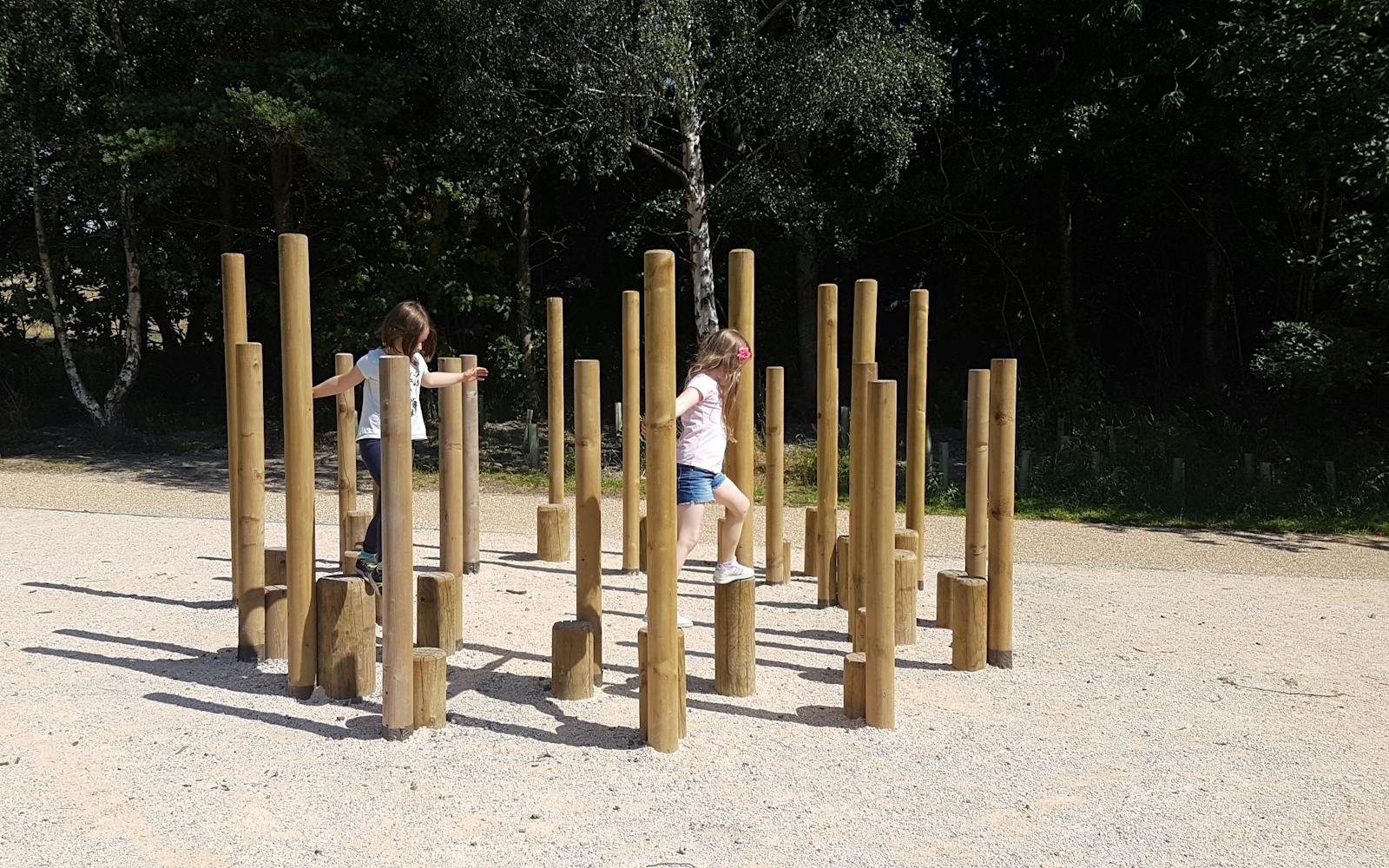
Doncaster’s Open Space and Play Strategy
We recently worked with Doncaster City Council in South Yorkshire, to guide the provision of play spaces in the city. Doncaster recognises the importance of play for its children and sees green spaces and parks as crucial for improving communities.
LUC developed Bespoke Park Plans for 15 key parks, tailoring site-specific interventions to community needs. These targeted plans included play facility upgrades, green infrastructure enhancements, and community engagement initiatives. Guided by an Overarching Framework, we set a shared vision for Doncaster’s green spaces, outlining key objectives like increasing park usage and biodiversity. The framework also recommends borough-wide actions, ensuring a strategic, long-term approach to park development.
Doncaster’s play strategy is a result of extensive community engagement, which will guide improvements to parks and play facilities, ensuring all voices are heard. These enhancements will improve public health and well-being by tackling physical inactivity and creating high-quality, accessible green spaces. Communities will benefit from a network of welcoming, inclusive, and biodiverse green spaces, which will strengthen connections to nature and contribute towards tackling the climate crisis.
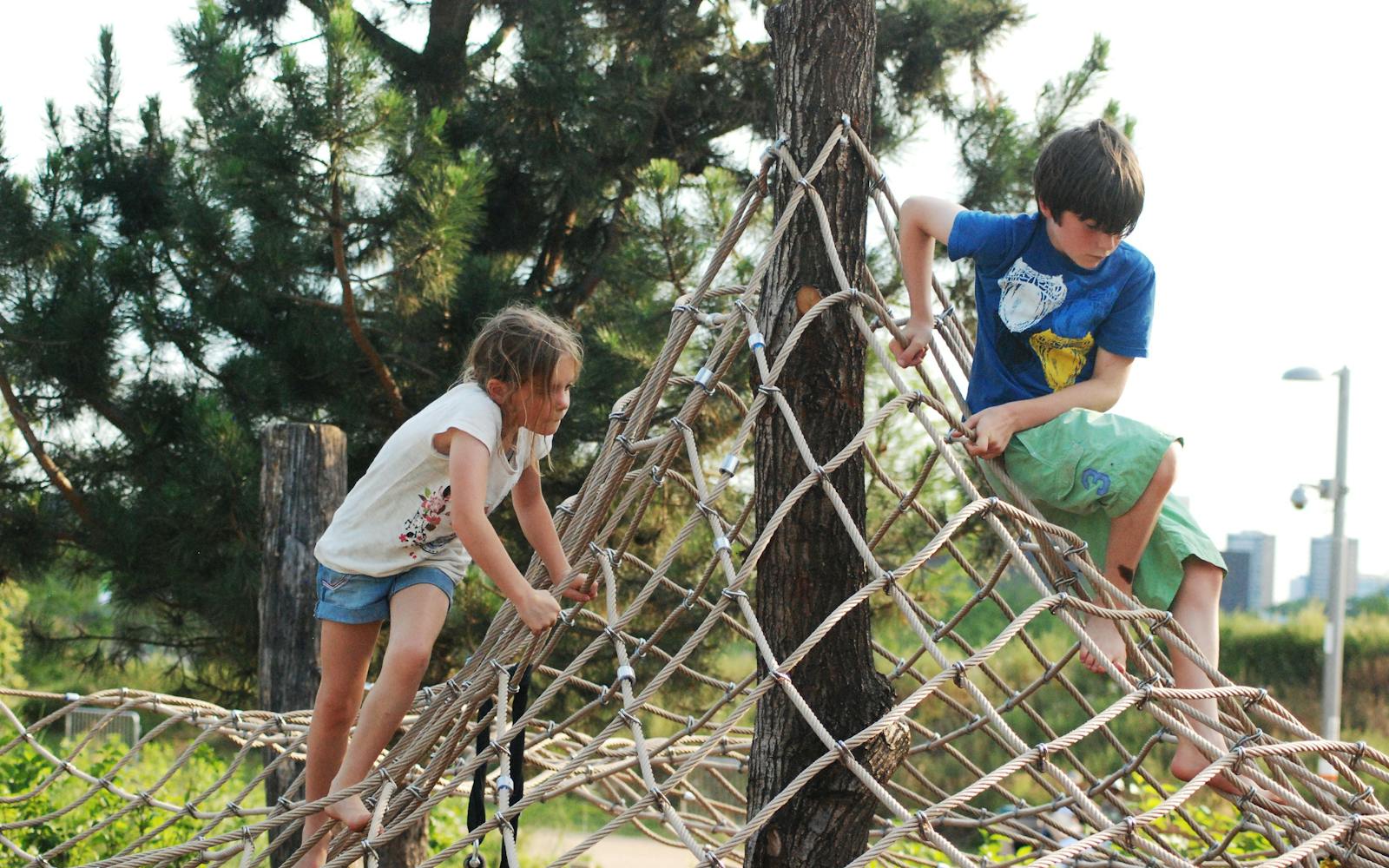
Tower Hamlets play space audit
Our experts in play, open space and green infrastructure also recently worked with the London Borough of Tower Hamlets (LBTH) to carry out an audit of all play spaces to guide their future planning. The issue of play is critical in Tower Hamlets given its growing population, high childhood obesity rates, social deprivation, and shortages of open spaces.
Key recommendations of our work include improving play space quality, expanding provision in high-need areas, ensuring new developments include accessible play areas, and prioritising long-term maintenance. Our guidance recommends a strategic action plan to coordinate stakeholders and allocate resources for enhancing play spaces across the borough.
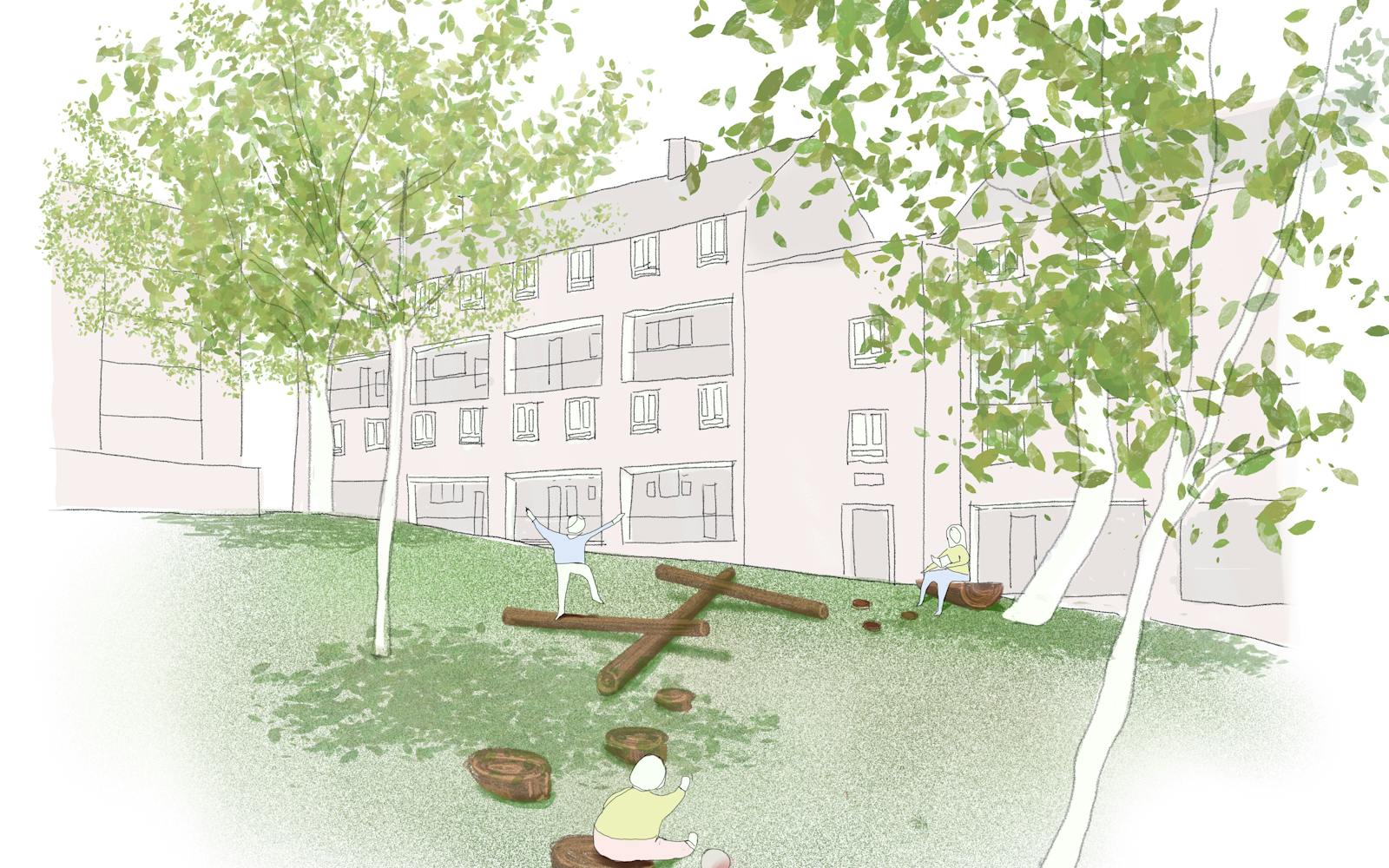
Towards better play
By working closely with local authorities and providing a roadmap for their play spaces, our play strategies encourage better decision-making at policy level and encourage innovative approaches to tackling health and wellbeing inequalities.
Local authorities facing budget constraints can still meet play sufficiency requirements by adopting cost-effective, multi-functional, and strategic approaches to play space provision. Imaginative play opportunities don’t have to be costly or resource-intensive. Our work focuses on creating high-value play opportunities through creative, robust design. We carefully consider materials and equipment for affordability and sustainability, ensuring that investment in play is strategic, maximising both play value and cost-effectiveness.
To maximise impact with limited funding, councils can integrate play within wider green infrastructure strategies, ensuring that parks and green spaces serve multiple community functions, supporting biodiversity, climate resilience, and public health.
Additionally, collaborative funding models, including developer contributions can help deliver new play areas as part of urban development. Nature-based and informal play solutions—such as natural climbing features and sensory trails—offer low-cost, high-value alternatives to traditional fixed play equipment.
Finally, community-led initiatives, volunteer programs, and partnerships with charities like Play England can support the maintenance and enhancement of existing play spaces, ensuring long-term sustainability without significant financial burden.
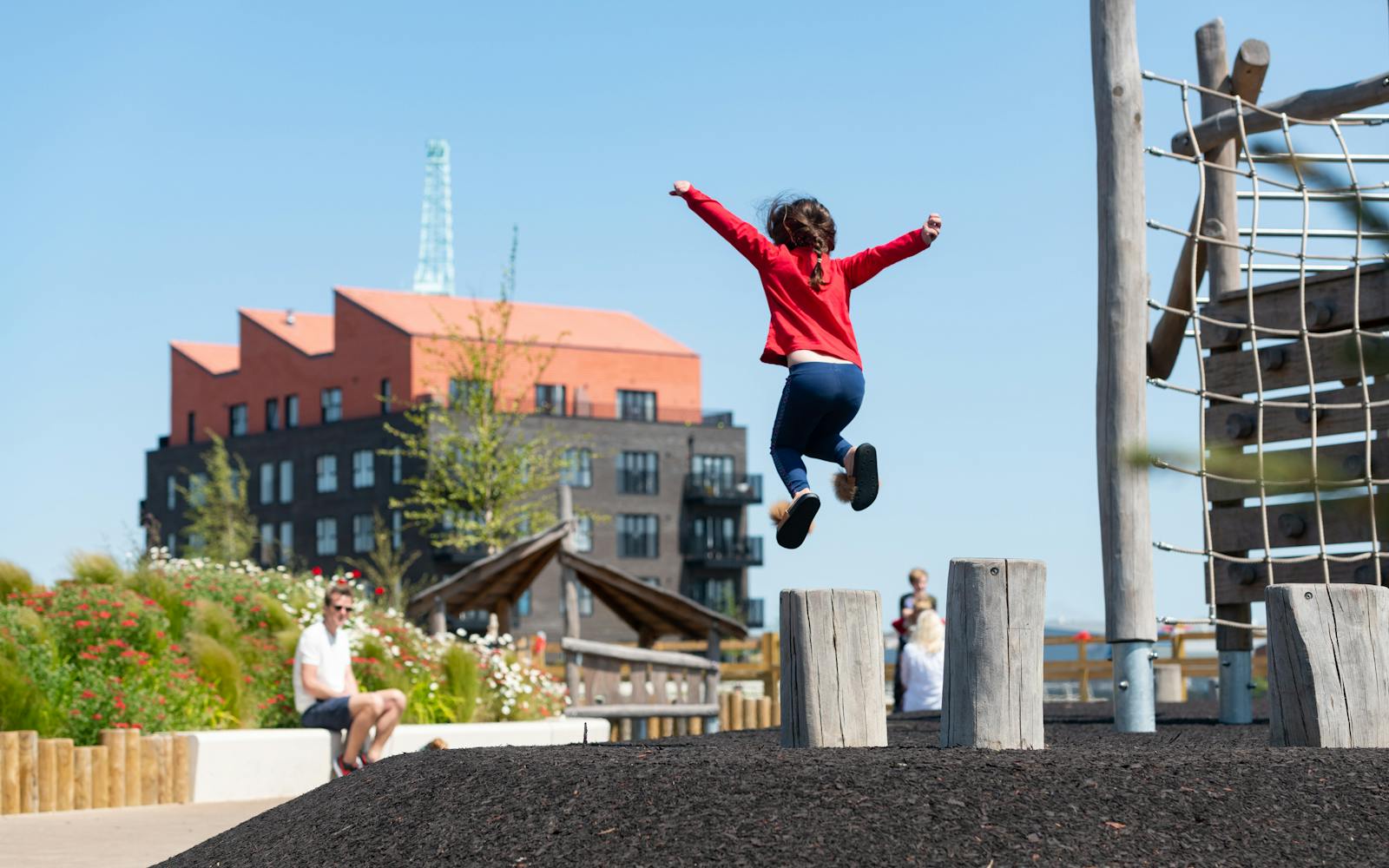
The work of Play England and our work with local authorities reflect a broader commitment to ensuring that well-informed policy, strategic planning and development, and sustainable design combine to prioritise accessible play areas and green spaces. This future-facing work supports children's development and promises better futures for nature and places.

